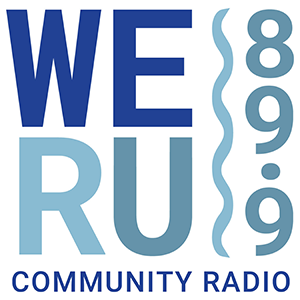Host/Producer: Rhonda Feiman
Co-Producer: Petra Hall
Technical assistance: Joel Mann & Amy Browne
Browntail Moth in Maine: Protecting ourselves and our local communities as BTM spreads in Maine
-What part of the Browntail Moth (BTM) is toxic to humans?
-What can we do to minimize our exposure to Browntail Moth caterpillars?
-What are some ways to reduce their spread, locally & statewide? Are there new methods to use?
-When is a good time to clip the webs? What do the webs look like & how can they be confused with other species that we don’t want to clip?
-Is it possible to use the compost after Browntail Moth/caterpillars have been seen?
-How long should the clipped webs stay in soapy water?
-What is the lifecycle of the Browntail Moth? What cycle are we in now?
-When should we turn our lights down and off so the male Browntail Moths don’t get attracted?
-Why are bug zappers and other devices that attract them not a good idea to use?
Guest: Maine Forest Service entomologist Tom Schmeelk, who is charged with managing the state’s response to the Browntail Moth (BTM) problem here in Maine.
Websites of Interest:
“Knock Out Browntail” with info. & links on the Maine Forest website
Healthy Options interview with Tom Schmeelk April 2021
About the host:
Rhonda Feiman is a nationally-certified, licensed acupuncturist practicing in Belfast, Maine since 1993. She primarily practices Toyohari Japanese acupuncture, using gentle and powerful non-insertion needle techniques, and also utilizes Chinese acupuncture and herbology. In addition, Rhonda is a practitioner of Qi Gong and an instructor of Tai Chi Chuan in the Yang Family tradition.
Podcast: Play in new window | Download



 Donate to WERU Today!
Donate to WERU Today!